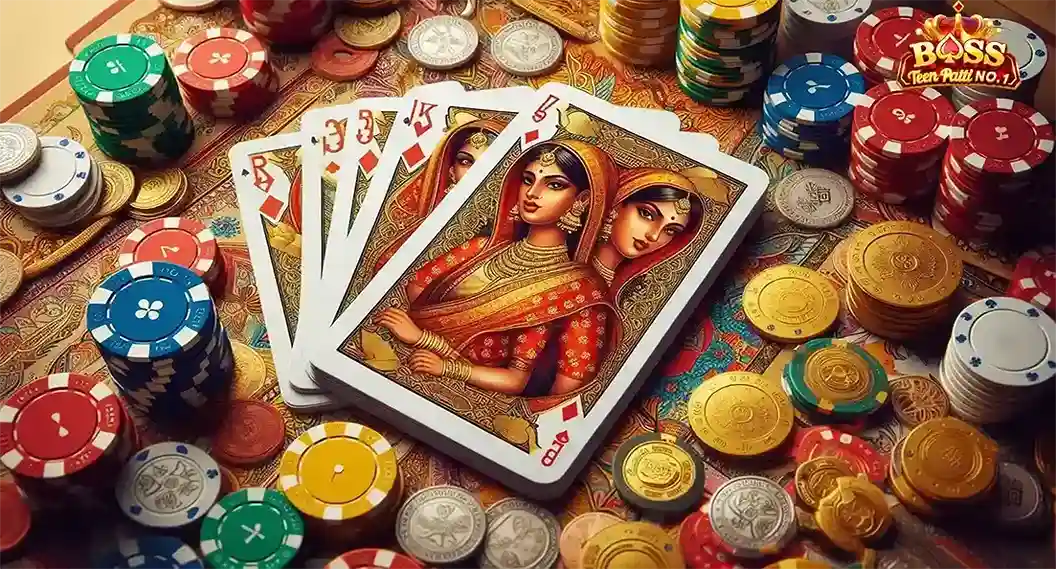
Master Poker Opponent Reading: Win Indian Online Cash Games

Poker has been a famous mental game for entertainment globally. To win in a poker game, both luck and skill play a critical role. Accordingly, understanding the behaviour of your opponents is vital to your chances of winning. Regardless of the game that you are currently playing, for instance, Indian real online cash games or games in a physical casino, reading your opponents can definitely allow you to develop a better strategy. If you have fully understood the foundation and the basic skills of poker, you can advance to the next stage by reading the following tips on reading your opponents.
How to Put Your Opponents on a Range?
The goal of reading the opponent is to put them on a range. In poker, ‘range’ is defined as the possible combination of cards they could hold. Since the opponents make decisions about discarding or any other action based on their hands, observing their behaviour enables you to narrow down their range. However, the majority of people attempt to blindly guess the exact hand of the opponent, which is completely meaningless. Instead, you should adopt a methodical approach by following four steps.
Step 1: Analyse the preflop actions
Prior to any other strategy, the first thing to consider is the opponent’s position. Different players have different playing styles. In particular, some players tend to be more conservative, while others tend to be more aggressive. This may also be affected by their status of winning. By evaluating their position, you can generate an approximate guess of their hands.
Step 2: Narrow down the range based on flop action
The next step is closely related to the game theory optimal (GTO) strategy. Being a defensive strategy, it aims to incorporate the principles of balanced ranges and mixed strategy, thus allowing you to play 100% unexploitable by the opponents. It protects one player from being exploited and gradually creates profits from imperfect plays by the opponents. By studying the GTO strategy, you can adjust the ranges according to your observations.
Step 3: Evaluate additional information
With the above steps, you can grab a general idea regarding the opponents’ hands. To further narrow down the range, you should utilise other available information. For example, in a physical casino, the body language of the opponents can display their mental state and strategy. While in the Indian real online cash games, in which you cannot observe other opponents’ physical behaviour, you can pay attention to their statistics and bet sizing. Particularly, tiny bet sizing illustrates an attempt to have a cheap showdown, on the other hand, players tend to avoid over betting when holding a strong hand. These dynamics can undoubtedly provide you with numerous additional insights.
Step 4: Keep reducing their possible holdings on the turn and river
Similar to step two of flop play, you can substantially reduce the possible holdings based on your opponents’ actions and the cards discarded. Considering that some players share a similar playing style, which is obvious to notice and exploit. On top of the similarities, another useful point to focus on is the lack of adjustment to the situation. Specifically, some players may frequently check the top pair with a weak kicker on the flop. This action implies that they are very likely to pursue the same action with similar holdings. Therefore, regarding this action, you should remove these holdings from the range in similar spots. Understanding the players’ tendencies and utilising this information allow you to instantly respond and adjust your strategy accordingly.
Putting the opponent on a range is a vital skill to ace the Indian real online cash games. During the above steps, you should always keep in mind that you should never guess a specific hand. You can draw a better decision with more and more useful information from your opponents’ behaviour. If you are currently looking for a chance to test out this skill, you can visit Teen Patti Boss, a comprehensive site providing a total of five games of poker. With continuous practice, you can master the skill of predicting others’ possible holdings and, correspondingly, increase your chance of winning.


